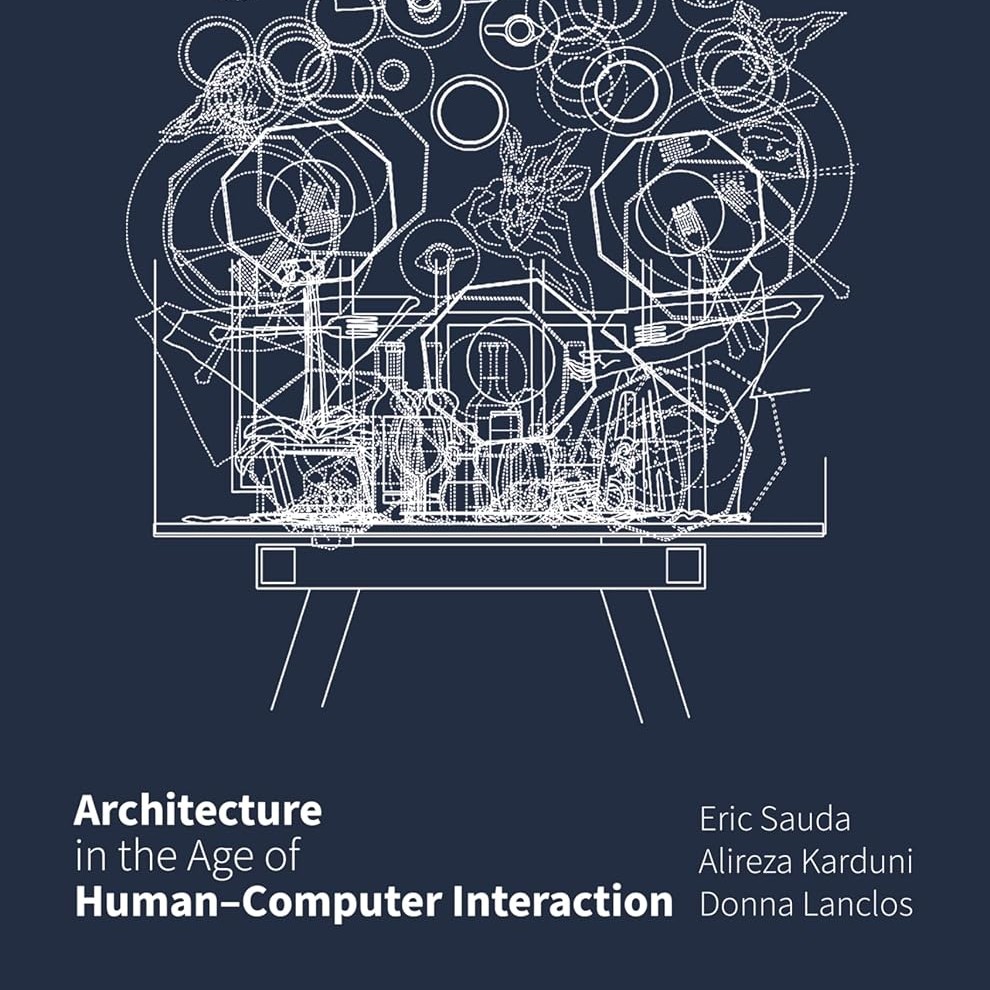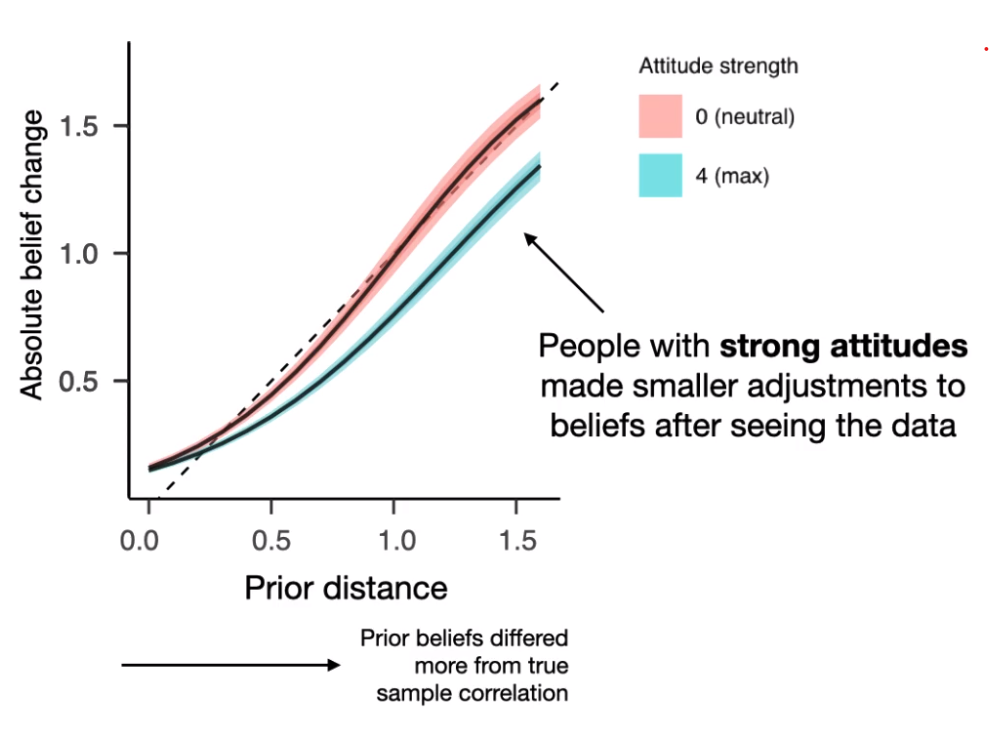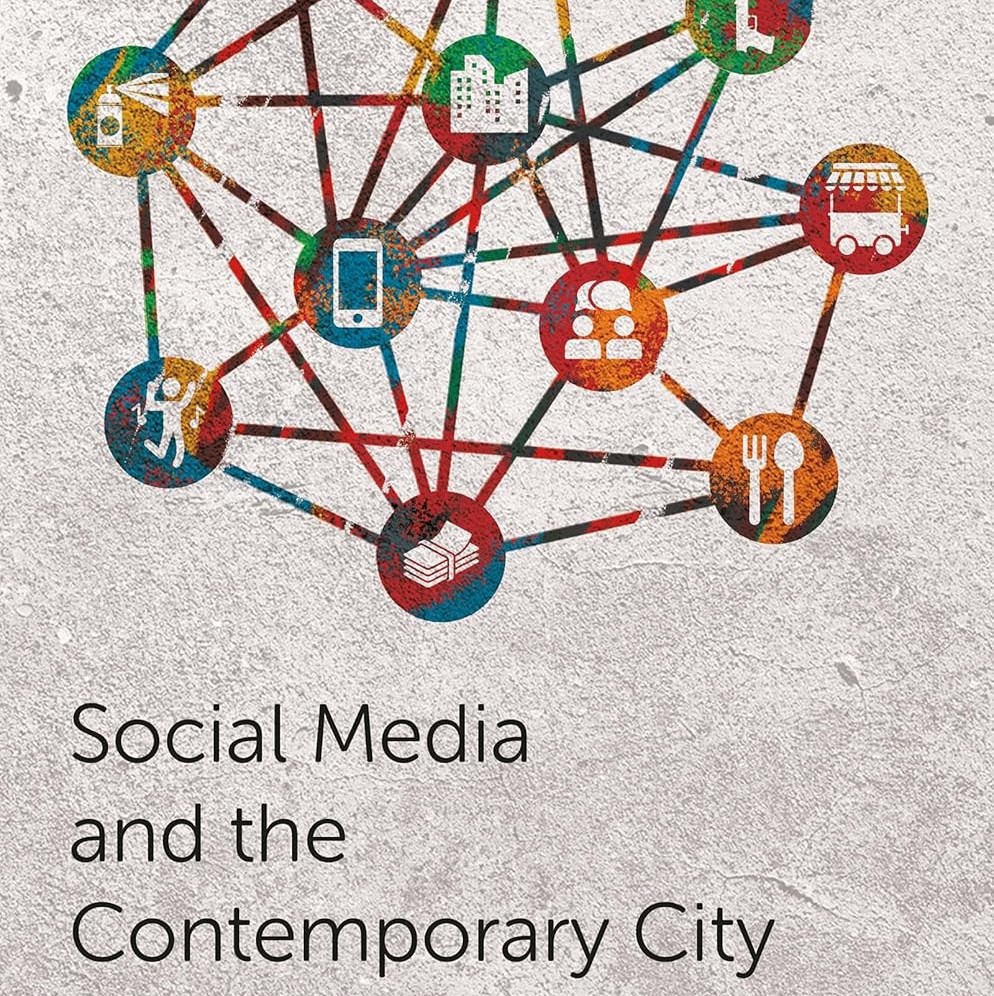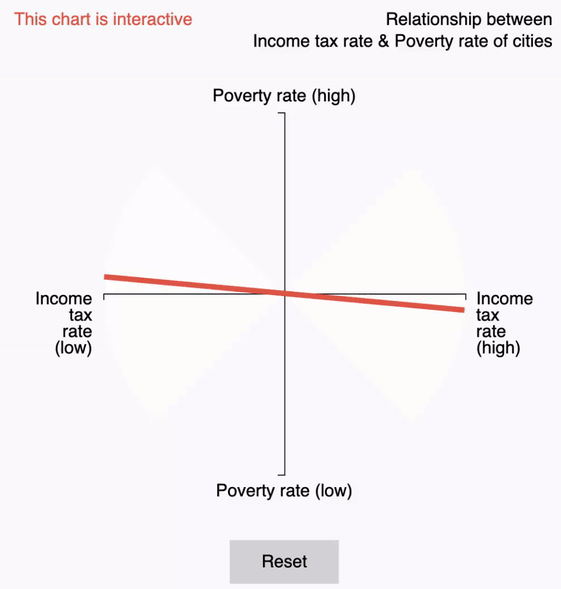At Data & Dialogue Lab we study
At the Data & Dialogue Lab in the School of Interactive Arts and Technology at Simon Fraser University, we investigate the intersection of thinking with data, human–computer interaction, and social psychology. We believe that most current for-profit AI systems are designed with a lack of understanding of how humans think. Our research asks: how do people think with data in light of their existing beliefs? When presented with new information, do they update their views, reinterpret them, or resist change? We design interactive forms of visual storytelling and persuasive data communication that encourage critical and reflective thinking. A central focus of our work is on AI and human–AI interaction that challenge existiing AI orthodoxies through examining how people understand, misperceive, and often overestimate what AI systems can do.
Contact us if you are interested in joining our lab as a student or collaborator.
Highlights

Architecture in the Age of Human–Computer Interaction

Elicitation and Narratives in Data Visualization

When do data visualizations persuade?

Images, Emotions, and Credibility

Social Media and the Contemporary City

Belief change in light of incongruent information
